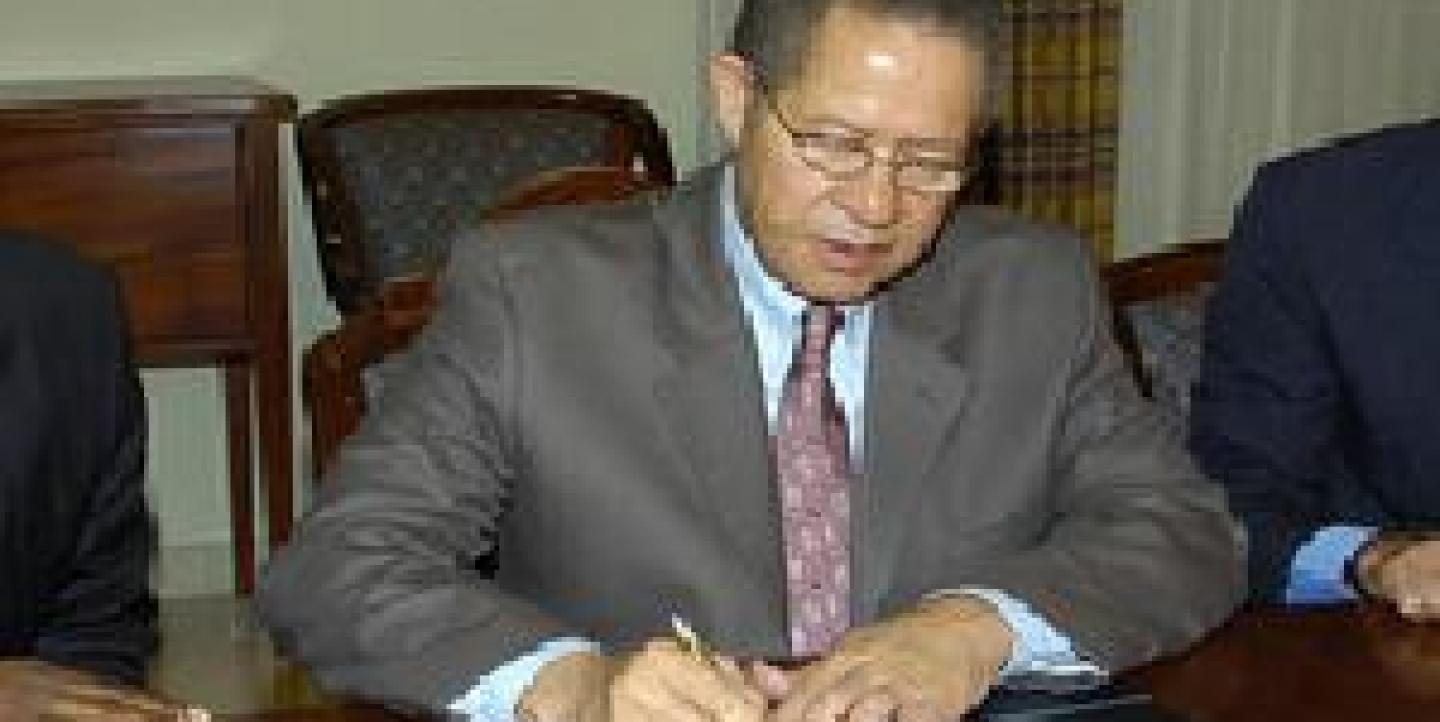A longstanding Jamaican law requires journalists to prove innocence when sued for libel, and media organizations believe it's time for an overhaul. Because of the law, stories are squashed not because of faulty evidence, but because journalists are afraid of being sued by disgruntled officials.
The antiquated statute, leftover from British colonial rule, doesn’t require prosecutors to prove false reporting and malice, as exists in some countries, including the United States. Instead, newsrooms must pay high litigation costs to defend stories, according to the Associated Press (AP).
"The law can be used as a firewall to protect scoundrels, and there are times when the media has been onto something important…and they are stopped in their tracks," said Jamaican Prime Minister Bruce Golding in the Jamaica Gleaner. In 2007, he called for a comprehensive review of the Libel and Slander act, but an overhaul of the law has not since occurred.
Libel laws modeled after Britain are prevalent throughout the Caribbean. Kathy Ann Waterman, a senior prosecutor in Trinidad and Tobago, recently joined Jamaica’s Media Association in reviving discussion on the stalemated defamation law both in Jamaica, and in her own country.
"Journalists should not constantly have to operate with threats of suits hanging over their heads," she said in the Jamaica Observer. "If you are going to sue, sue.”
Britain has a reputation for weighing libel laws in favor of complainants, and London has even been dubbed “a town called sue.” But according to the AP, Jamaica might better merit the nickname: it is much easier to sue under Jamaica’s system than Britain’s, and damages awarded are notably bigger.
“The current system allows public officials to get away with murder,” Desmond Richards, the managing editor of the Jamaican paper the Sunday Herald, told the AP.
Photo of Jamaican Prime Minister Bruce Golding

